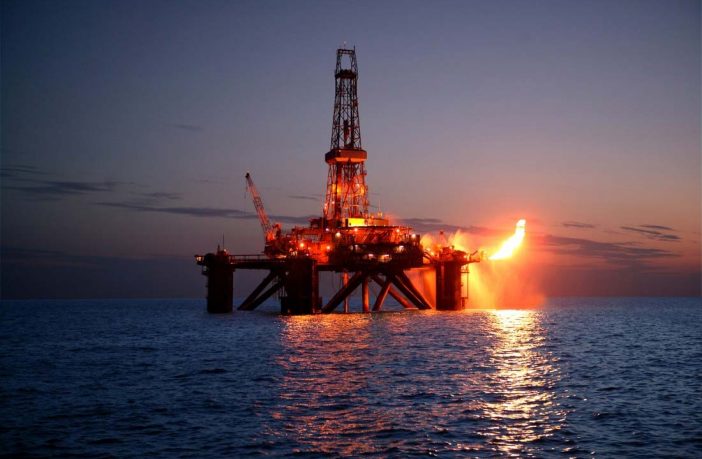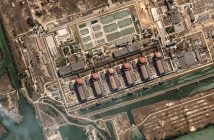- South Africa’s Mineral Resources and Energy Minister, Mr Gwede Mantashe says that environmentalists cannot stand in the way and dominate to the detriment of the majority, especially those whose agendas are explicitly antigrowth and anti-employment.
- Mantashe was speaking at the National Energy Dialogue held this morning in Johannesburg.
- The event was hosted by the Central Energy Fund in partnership with the Financial Mail and Mkokeli Advisory.
- The Dialogue brough together government officials, energy expects, economists, and environmentalists to discuss South Africa’s approach to the Just Energy Transition.
- Mantashe emphasized that between now and 2030 renewable energy (wind and solar) will receive the lion’s share of the new energy generation capacity to be developed but gas, coal, nuclear, hydro and energy storage technologies will also play a part.
Mantashe reminded attendee’s that the National Development Plan (NDP) envisages that by 2030, South Africa will have an energy sector that,
- provides reliable and efficient energy service at competent rates,
- is socially equitable through expanded access to energy affordable tariffs, and,
- is environmentally sustainable through reduced emissions and pollution.
“We are committed to accomplish the NDP vision through the implementation of our electricity infrastructure-build towards 2030, the Integrated Resource Plan (IRP) 2019,” said Mantashe. Many critics argue that the IRP is flawed and outdated and should be revised urgently. Read more
Related news: South Africa’s IRP Glaring Omission: Green Hydrogen Power
“Instead of shutting down offshore exploration…the business and economic case needs to be better made, more often and with real passion. Let the environmentalists protest, chant, and agitate. They have many valid arguments that can and must be considered when the pros and cons of economic activity are weighed up. But we cannot allow them to dominate to the detriment of the majority, especially those whose agendas are explicitly antigrowth and anti-employment,” said Mantashe.
“Transition from high to low carbon emissions is premised on national interests, that is, security of energy supply, economic reconstruction and recovery, international competitiveness, and climate change imperatives,” he added.
Gas power
Mantashe annnounced that the Central Energy Fund, working with Coega Development Corporation, has issued a request for proposals (RFP) for a gas aggregator. This means, the country will be able to secure the liquified natural gas necessary for the gas-to-power generation, for which a request for proposals (RFP) will be issued before the end of the year. This is in line with the allocated three thousand megawatts (3 000 MW) of gas power in the IRP to be procured between now and 2030.
Coal power
Mantashe reiterated that IRP has further allocated 1500MW of new generation coal power to be procured between now and 2030. “Without disregard to the outcry of the environmental lobby, coal is necessary to sustain some level of baseload power, also for research and development in clean coal technologies“, he said.
Nuclear power
Nuclear power generation is also still on the cards for the country. Mantashe explained that nuclear power generation is increasingly being recognised as a clean energy source plus it offers baseload. “We are addressing the suspensive conditions from NERSA that will enable the Department to issue a request for proposals for the two thousand five hundred megawatts (2 500 MW) of nuclear energy,” he said.
Upstream petroleum industry
“We intend to establish and develop the upstream petroleum industry,” Mantashe announced. “We believe the Upstream Petroleum Development Bill, that is currently in parliament, will assist in ensuring that the country can explore and exploit its natural resources systematically and in accordance with Section 24 of the Constitution”, he added.
“We are committed to implementing a rational energy transition that addresses our national interest and desire to industrialise. It will not be reckless. It is systematic and orderly to ensure security of energy supply to society. It accepts our global commitments to reduce carbon emissions and mitigate against global warming“, Mantashe concluded.
Author: Bryan Groenendaal











